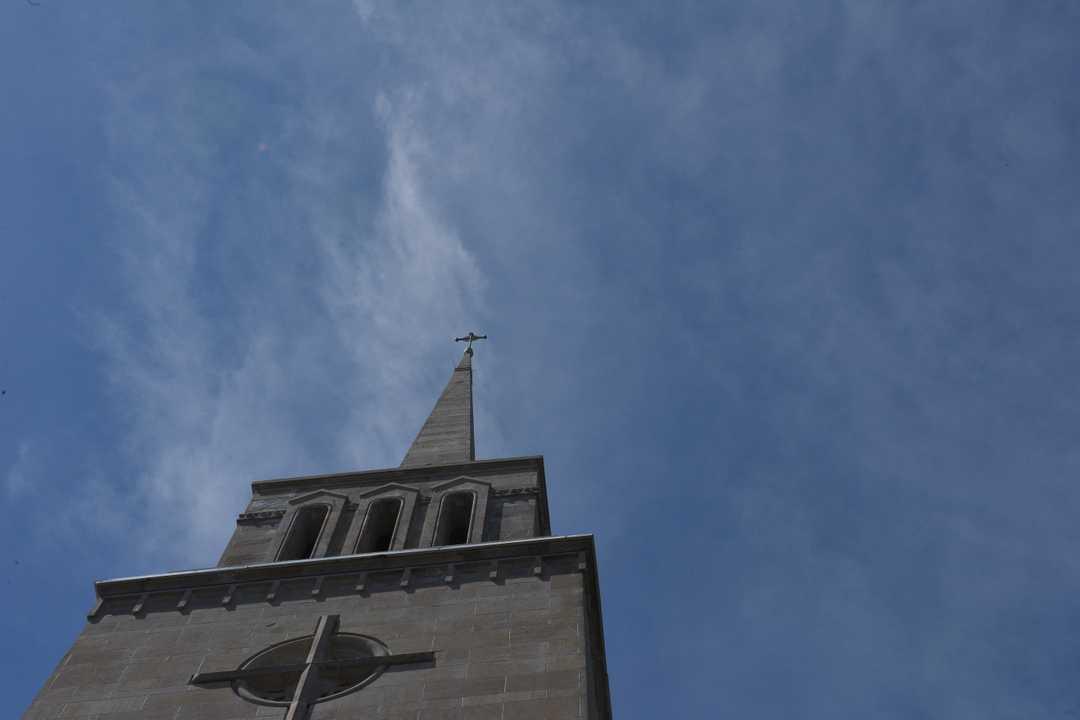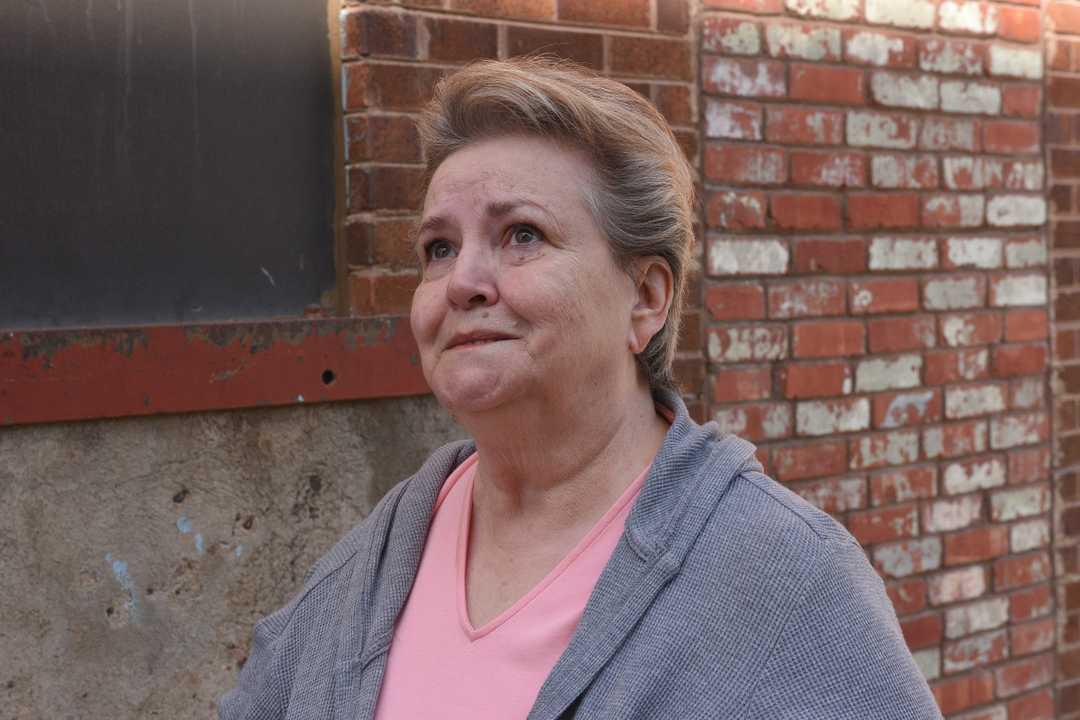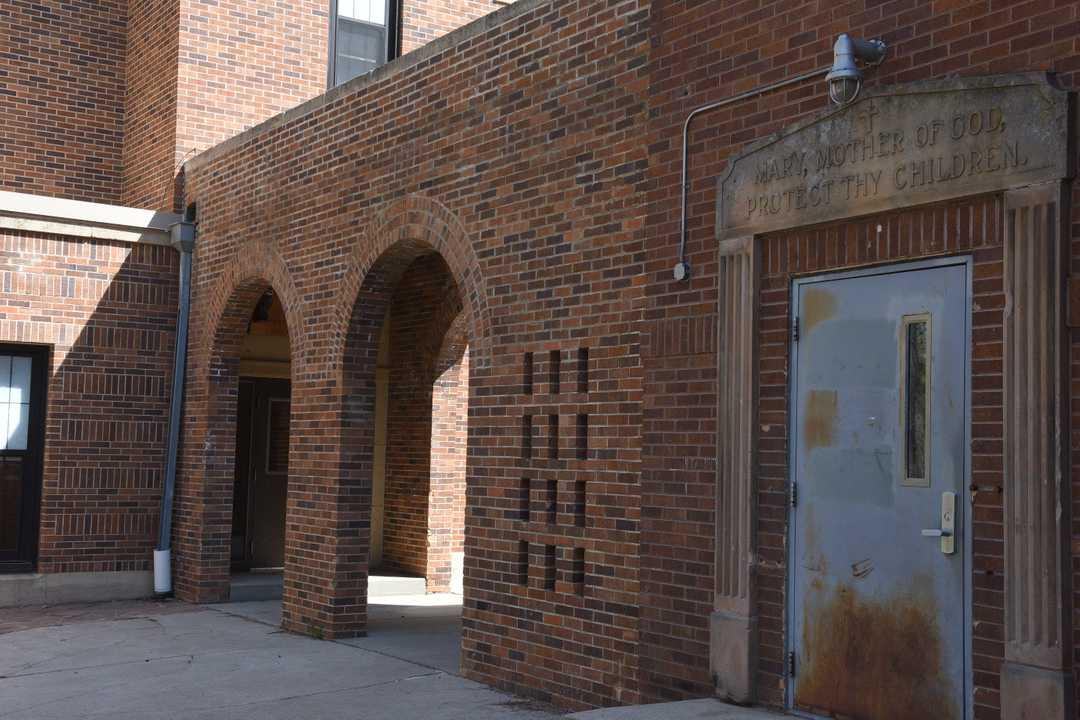|
Editorial: Give sexual abuse victims a path to justice
Argus Leader
Two months ago, the Catholic Diocese of Sioux Falls released the names of 11 priests who faced substantiated accusations of abusing minors between 1958 and 1992 while serving in eastern South Dakota. The action came on the crest of a recent wave of such disclosures by Catholic leaders across the country. It began in Pennsylvania last year, when a grand jury in that state accused several dioceses of attempting to cover up abuse by 300 former priests. As such, the public statement from Sioux Falls Bishop Paul Swain seemed a step in the right direction. Swain apologized to victims “as a sign of my and our faith community’s accepting responsibility for failings over the years.” He urged those who had suffered abuse at the hands of any of the 11 priests named in the statement to come forward, so that “assistance might be offered and justice accomplished.” He acknowledged that many victims “remain silent for fear they will not be believed.” But Swain’s statement fell short of the level of disclosure from the Rapid City Diocese several weeks earlier. The Rapid City statement listed the assignments, including dates, of the priests with credible claims of abuse against them. Matt Althoff, chancellor of the Sioux Falls Diocese, defended the absence of that kind of information. Swain’s letter was addressed to victims who “know where the abuse happened,” Althoff said. “Really it is out of a profound sensitivity for the deserved confidentiality of a victim of clergy sexual abuse that all those details, the bishop chose not to include in his letter." Priests who had been permanently assigned to the Rapid City Diocese were not the only names disclosed in the Rapid City statement. Also included on their list were credibly-accused members of the Jesuit religious order who had been assigned to missions and mission schools on the Pine Ridge and Rosebud reservations. Despite a 2003 revelation by former Bishop Robert Carlson (now archbishop of St. Louis) of diocese records showing that five religious order priests had been accused of abuse going back to 1950, the Sioux Falls statement explicitly omitted those names. For some Native American victims of sexual abuse in East River reservation boarding schools operated by Catholic religious orders such as the Benedictines, the omission adds insult to injury. It is, however, in line with the Sioux Falls Diocese’s stance during the course of lawsuits filed between 2004 and 2010 that it is not responsible for what happened at those schools. Among the defendants in those suits were authorities in the Sioux Falls Diocese. A late-session legislative action in 2010 stopped the cases in their tracks. Attorney Steve Smith, who had represented St. Joseph’s Indian School in Chamberlain in abuse cases, crafted a bill ultimately signed by former Governor Mike Rounds that prohibits abuse victims over age 40 from suing churches, schools or other institutions their abuser was associated with. The South Dakota Supreme Court found that the new law retroactively invalidated the plaintiffs’ right to sue anyone other than the individuals who abused them. The Pennsylvania grand jury finding appears to have been the catalyst for renewed efforts in states all around the U.S. to expand statues of limitations that hinder abuse victims in their search for justice. That makes sense in light of a 2014 German study involving more than a thousand subjects that found men and women were on average 52 years old when they first reported sexual abuse. Those results suggest South Dakota’s 40-year-old age limit on the ability to seek damages from institutions is too low. Smith succeeded in his efforts to quash what he characterized as “frivolous class-action lawsuits” involving claims of abuse in South Dakota nearly a decade ago. According to Argus Leader reporting at the time, he acknowledged that the bill could block victims from recovering civil damages. Nonetheless, he saw out-of-state “con men” lawyers working to build reservation school abuse class-action lawsuits as the greater threat. That bill’s trip through the legislative process shares a commonality with the “riot-boosting” law passed this year at Governor Kristi Noem’s urging. Both were brought with negligible efforts to include the voices of those from Indian Country who were most affected. Smith admitted in 2010 that those who opposed his proposal had scant opportunity to organize against it – “Nobody knew I was doing this.” He also conceded that the bill could potentially block victims of abuse from recovering civil damages, but that concern was trumped by his desire to block unfounded claims. "I hate con men," said Smith at the time, showing little faith in our judicial system's ability to separate credible accusations of abuse from those that lack legitimacy. The Catholic Church-run reservation boarding school victims have returned to Pierre every year since Smith’s triumph to try to overturn the law he crafted. Every year their pleas have gone unheeded. Perhaps the tide is finally turning in their favor. Perhaps state lawmakers will finally take the time to hear their voices and set the law into alignment with what is right.
|
.
Any original material on these pages is copyright © BishopAccountability.org 2004. Reproduce freely with attribution.


